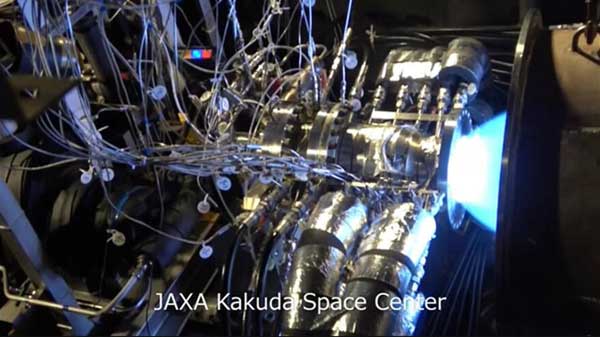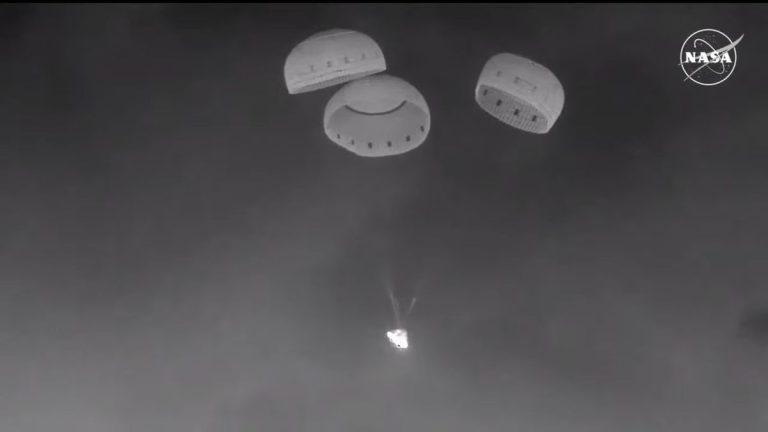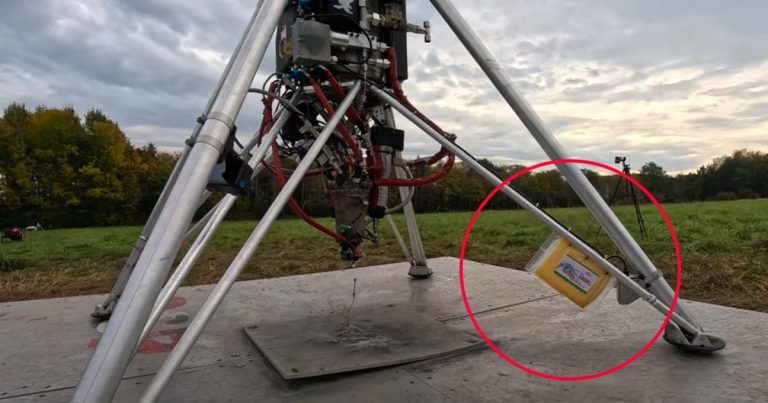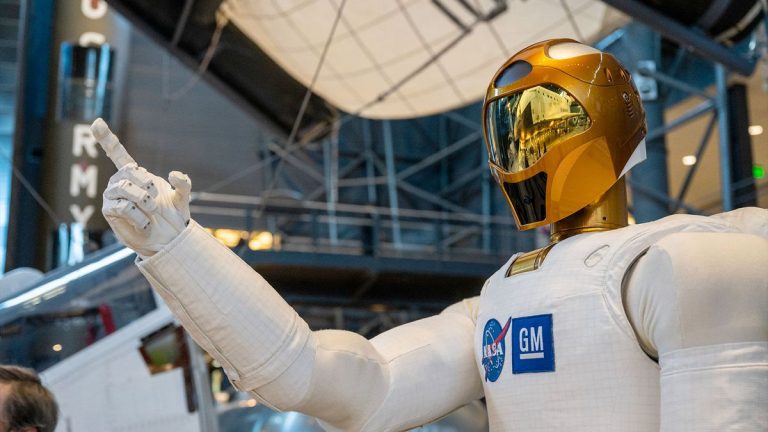
Interstellar Technologies & JAXA Launch Co-creation Activities on R&D of Engine System Technology for Small Rockets (Image Credit: Payload)

Translated from Japanese by Google Translate
JAXA/Interstellar Technologies Press Release
TOKYO — Interstellar Technologies Inc. (Representative Director: Takahiro Inagawa, hereinafter “IST”) and Japan Aerospace Exploration Agency (Chairman: Hiroshi Yamakawa, hereinafter “JAXA”) have new ideas for space-related products. Under the framework of “JAXA Space Innovation Partnership (J-SPARC)”, which aims to create businesses, we have started co-creation activities related to research and development of engine system technology for small rockets.
Background of this Co-creation Activity
From February 2019, IST and JAXA will target the injectors, combustion chambers, and turbo pumps, which are the main components of small rocket engines, through the co-creation activity (Phase 1) of J-SPARC. In this co-creation activity, the test equipment of JAXA Kakuda Space Center will be utilized, and JAXA will try the technology acquired in the rocket engine research so far for social implementation and research and development of engine technology for small rockets as a future basic technology. IST has set specifications and researched and developed technologies assuming a rocket engine to be applied to the ultra-small artificial satellite launch vehicle “ZERO” (hereinafter “ZERO”) currently under development.
Example of Co-creation Activity (Phase 1)
Injector characterization test at Kakuda Space Center: From 2019, ground combustion tests of a low-cost and highly operable injector have been conducted at JAXA Kakuda Space Center. We have succeeded in demonstrating the design technology and acquiring the performance.
Now that we have the prospect of putting these main component technologies into practical use, as the next co-creation activity (Phase 2), we will research and develop an engine system for small rockets that integrates each technology as a system. I decided to work on it. In this phase, JAXA and IST will each design and manufacture the components that make up the engine system, JAXA will assemble and test the engine system at the Kakuda Space Center, and the obtained test results will be shared by both parties. .. In this way, we aim to efficiently acquire a wide range of test data and acquire practical engine system technology at low cost, compared to conducting each independently.
IST will utilize low-cost engine system technology for small rockets for the development of ZERO, aiming for early launch of the actual machine.
JAXA will accumulate the acquired results as basic technology and contribute to the development of the space transportation business in Japan as a whole, such as the private space transportation service business and the application of JAXA to future space transportation systems.

Ryoma Yamashiro
J-SPARC Producer
Japan Aerospace Exploration Agency (JAXA)
Small rockets that can inexpensively put small satellites into orbit are expected to solve the problem of transportation costs, which is said to be the bottleneck of space development. By fusing JAXA’s experience / technology with IST’s challenging spirit / ideas, we will establish rocket engine technology to realize such a small rocket and lower the barriers to entry into space for various civilian space activities. As well as being a detonator, we aim to contribute to JAXA’s future plans.

Ryuichiro Kanai
Research and Development Planning Manager
Interstellar Technologies Inc.
Phase 1 of this co-creation activity has produced a number of achievements that can achieve both high performance for flights and innovative cost reduction, and I feel that we are steadily taking steps toward orbit insertion. It is our responsibility to bring the results to fruition as an engine system and implement them in society as a rocket. I would like to continue taking on challenges with everyone at JAXA.
Interstellar Technologies Inc.
Interstellar Technologies Inc. is a startup company that aims to realize a future in which everyone can reach space by building infrastructure for space through overwhelmingly low-priced and convenient space transportation services. am. Headquartered in Taiki-cho, Hokkaido, we are proceeding with development at four bases: the Tokyo branch office, the Fukushima branch office, and the Muroran Institute of Technology (inside Muroran Institute of Technology). The sounding rocket “MOMO” reached outer space for the first time in a domestic private company in May 2019, and succeeded in reaching outer space for two consecutive aircraft in July 2021. The next-generation microsatellite launch rocket “ZERO” is also in full swing for the launch of the first aircraft.
JAXA Space Innovation Partnership (J-SPARC)
J-SPARC begins with a dialogue between JAXA and private businesses aiming for space business, and with the commitment of both parties toward commercialization, jointly considers the business concept. This is a program to create new businesses by developing and demonstrating technology that is oriented toward exits and exits. Started in May 2018, we have been promoting more than 30 projects and activities so far.
https://aerospacebiz.jaxa.jp/solution/j-sparc/








